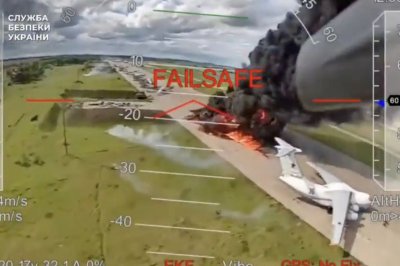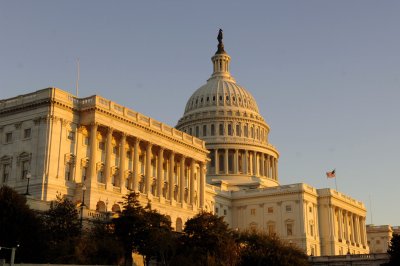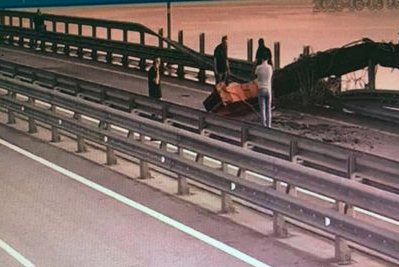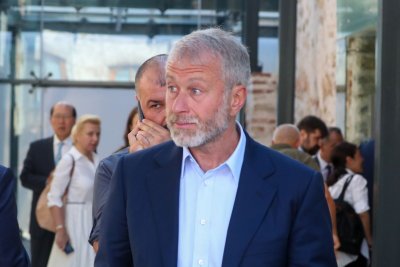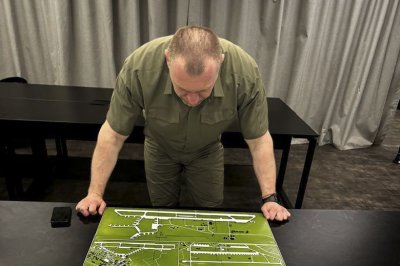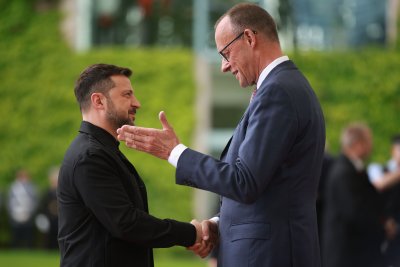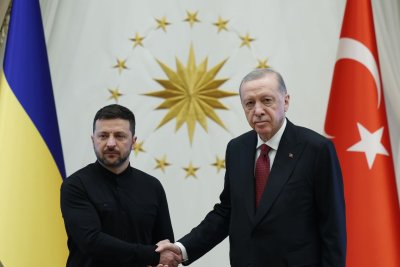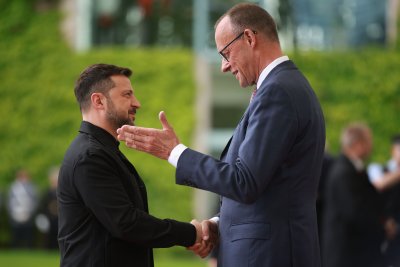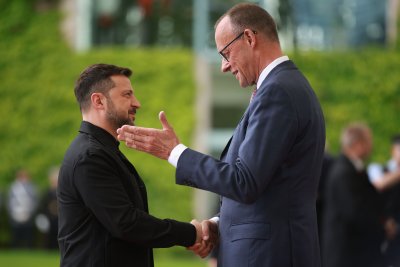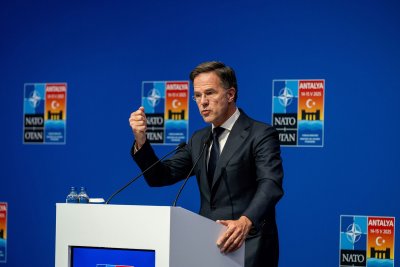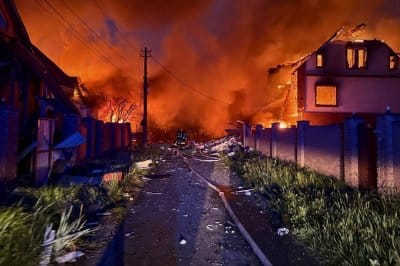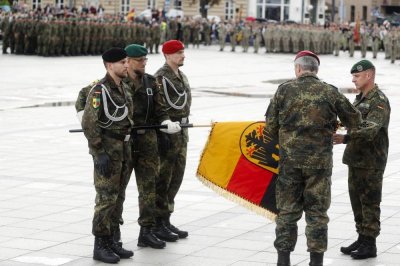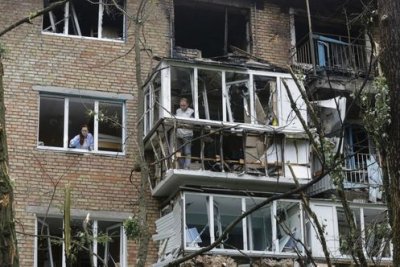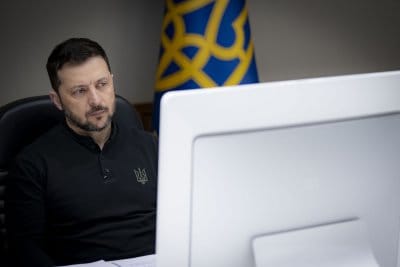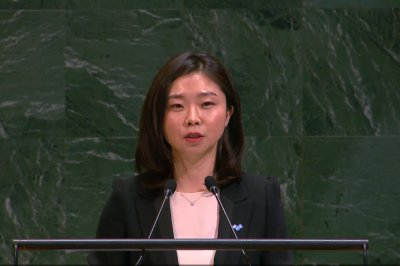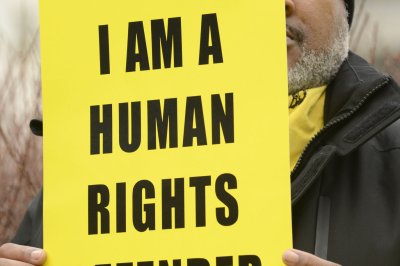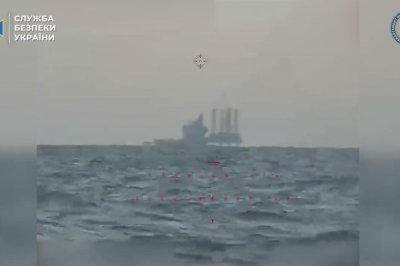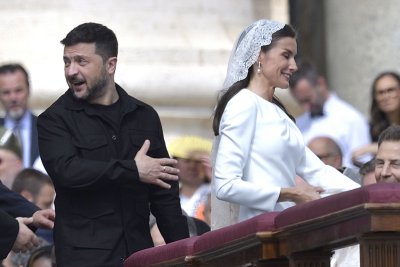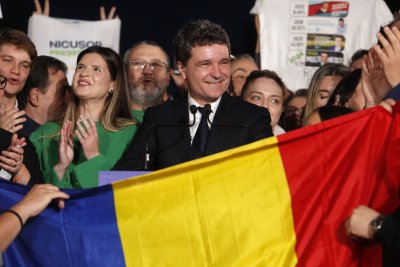Kim Jong Un vows to ‘unconditionally support’ Russia’s war against Ukraine
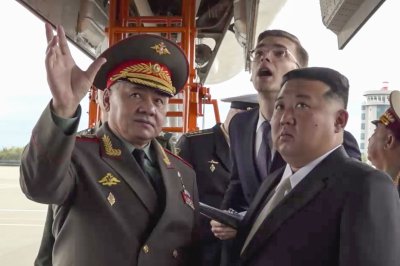
North Korean leader Kim Jong Un vowed to “unconditionally support” Russia in its war against Ukraine, state-run media reported Thursday. Kim made the comment during a meeting with Russia’s Security Council Secretary Sergei Shoigu, seen here with Kim in 2023 in his former role as Defense Minister. Photo courtesy of Russian Defense Ministry Press Service/EPA-EFE
June 4 (UPI) — North Korean leader Kim Jong Un said he would “unconditionally support” Russia’s war against Ukraine, state-run media reported Thursday, in the latest sign of growing military ties between the two countries.
Kim made the remark during a meeting Wednesday with Russia’s Security Council Secretary Sergei Shoigu in Pyongyang, the official Korean Central News Agency said.
The North Korean leader “affirmed that the government of the Democratic People’s Republic of Korea would … unconditionally support the stand of Russia and its foreign policies in all the crucial international political issues including the Ukrainian issue,” KCNA said, using the official name of North Korea.
Pyongyang sent over 11,000 troops to Russia in 2024, and another 3,000 in the early months of this year, a report from the 11-country Multilateral Sanctions Monitoring Team said last week.
North Korea acknowledged sending the troops for the first time in April, claiming they helped recapture lost territory in Kursk Province from Ukrainian forces.
Shoigu “conveyed the special thanks of the Russian leadership for the matchless heroism and self-sacrificing spirit displayed by the Korean people’s excellent sons who participated in the operations for liberating the Kursk area,” KCNA said.
The North Korean troops “defended the precious part of the Russian territory as they would do their own motherland, fighting shoulder to shoulder with the Russian soldiers in the same trench,” Shoigu, the former Defense Minister, added.
In addition to troops, the North has shipped as many as 9 million rounds of mixed artillery and multiple rocket launcher ammunition and at least 100 ballistic missiles, according to the MSMT report.
Pyongyang’s military assistance has “contributed to Moscow’s ability to increase its missile attacks against Ukrainian cities including targeted strikes against critical civilian infrastructure,” the MSMT said.
South Korea, the United States and its allies believe North Korea is receiving advanced weapons technology and economic assistance in return.
During Wednesday’s meeting, Kim “expressed expectation and conviction that Russia would, as ever, surely win victory in the just and sacred cause for defending its national sovereignty, territorial integrity and security interests.”


